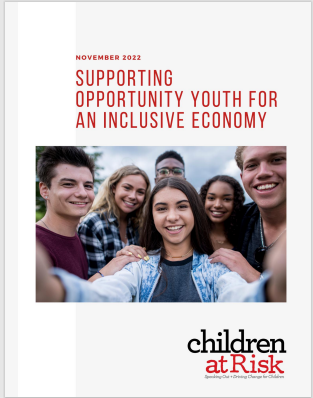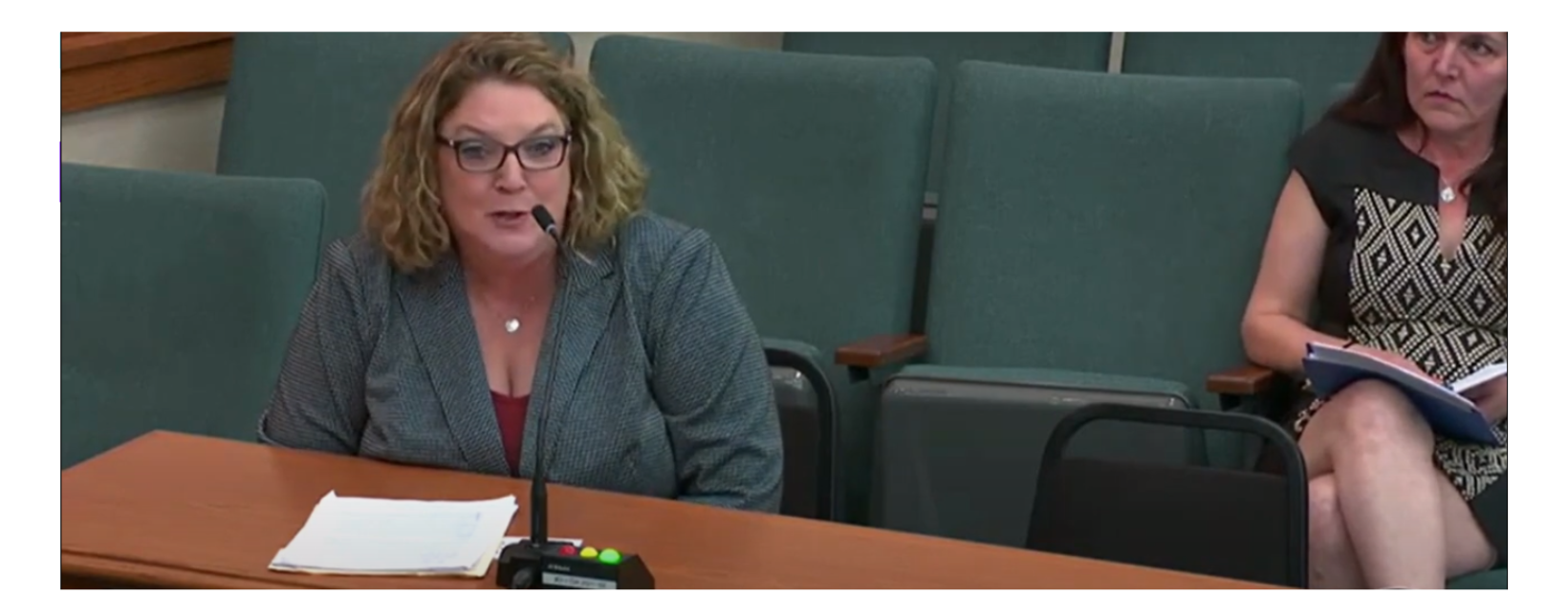Despite a decades-long drop in the opportunity youth population, which decreased from 5.8 million to 4.4 million between 2011 and 2021, the number of opportunity youth rose dramatically during the pandemic to more than 6 million. The term opportunity youth (OY) refers to youth between the ages of 16-24 who are disconnected from the conventional paths of adulthood (e.g. neither in school, nor training, nor in the workforce). This disconnection may stem from various factors – including but not limited to not finishing school, involvement in foster care or juvenile justice system, being a teen parent, drug addiction, or even being thrust into the role of head of household when their former caregivers have suffered a negative economic shock.
The term opportunity youth has been used for the past decade in replacement of “disconnected youth” and is used “as a reflection of the optimism they have for finding a pathway to economic stability, and as a reminder that investing in their futures represents an immense opportunity for employers and the nation. By improving outcomes for this population, businesses and communities have the potential to increase savings for society, improve the quality of talent available to employers, and interrupt a multi-generational cycle of poverty for youth and their families.”
With the recognition of the unrealized potential for opportunity youth, over the past decade, additional resources have been invested into opportunity youth programs to address education and job training needs. This effort is partially driven by a need to provide a talent shortage solution that is being created by the retirement of the Baby Boomers. With these shifting workforce dynamics, opportunities exist to provide significant support to opportunity youth that will not only benefit them but will also contribute to a diverse and well-trained workforce.
This report was made possible by the generous support of Wells Fargo.
More Like This…
Access to Affordable High-Quality Child Care is Scarce
CHILDREN AT RISK and Texas Family Leadership Council Host Second Annual Motherhood Summit
2023 Kroger School Food Rankings
Growing Up In Houston: Assessing the Quality of Life of Our Children
Data must be the catalyst for any conversation regarding the well-being of our children. However, data alone is not sufficient. We must also overlay context to better understand the complexities of the many issues facing our children. Growing Up in Houston aims to do just that.





